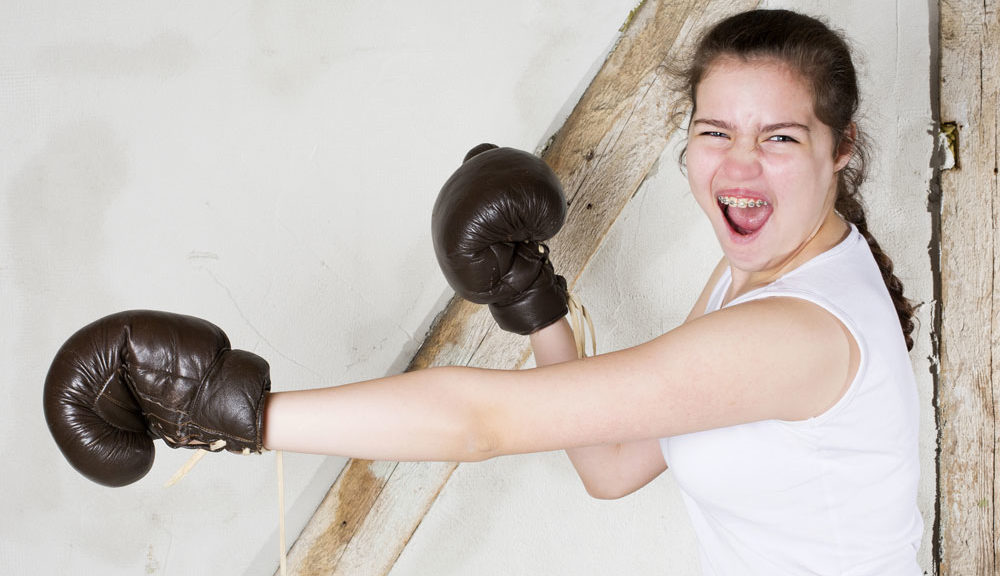
Having braces does require some changes to your lifestyle. There are many kinds of food which should be avoided during your orthodontic treatment to prevent damage to the braces themselves and make cleaning easier. If you are a keep sportsperson, there are also some precautions you should take to protect your mouth and minimise the chances of your braces becoming damaged. Take a read of our tips below and if you have more questions, make sure you ask your orthodontist for advice.
Many contact sports require all players to wear mouth guards, irrespective of whether you are undergoing orthodontic treatment. This is predominantly to protect your teeth in general from being broken or chipped in a collision. If you have braces, a mouth guard will protect you from any facial impact. While a football to the face wouldn’t necessarily cause any lasting damage if you don’t have braces, with them is another story. The metal can cut the inside of your mouth badly and healing times are prolonged because of the braces themselves. They can also dislodge the brackets themselves. In the case of extreme damage, orthodontic treatment may even be paused and your entire schedule pushed backwards. If you are at all at risk of receiving impact to the face, wear a mouth guard, just in case.
Your mouth guard should be comfortable, fit you well and not move much once in place. Many professional athletes have custom-made mouth guards. While you are wearing braces, it is not necessary to invest in one of these. A regular ‘braces mouth guard’ or an orthodontic mouth guard can be used which not only accommodates the additional substance in your mouth but can be moulded to fit individuals fairly comfortably. They are made of silicone and connect to your brace using flanges which both hold them in place and protect your lips. You can also get styles called a ‘boil-and-bite’ mouth guard which are made of thermal plastic and are ideal for players with braces. Simply heat them up, bite down and the mouth guard will be the correct shape for your mouth. Ask your orthodontist where to purchase one. If you have dental insurance, it may be worth checking whether your policy covers injuries which are obtained wearing a generic mouth guard because some don’t. In this case, an orthodontic mouth guard would be the best option.
When you’re not wearing your mouth guard, make sure it is cleaned and stored somewhere dry. They can be washed in water and even brushed gently with a toothbrush and toothpaste. Again, every mouth guard is different so ask your orthodontist for specific instructions. Once you’ve cleaned it, make sure the mouth guard is completely dry before you put it away to prevent bacteria from growing. If your mouth guard becomes damaged, either through a collision or overuse (biting wears the surfaces down), replace it. A degraded mouth guard does nothing.
Perhaps having braces is the perfect opportunity to try a different sport. Low impact activities which have minimal contact are far safer and can be enjoyed throughout your orthodontic treatment. Swimming, running, and dance are all great examples of sports which are entirely safe for people with braces. Basically, anything without a ball involved will be very low risk.
Don’t allow your orthodontic treatment to dictate your life for two years. You can still enjoy the sports you love as long as you take the correct precautions. For the best protection, speak to your orthodontist about obtaining an orthodontic mouth guard and get back to living life to the full as you work towards achieving that perfect smile.
(03) 9466 8484
Level 1, Suite 5, 93-97 Plenty Road, Bundoora VIC 3083
(03) 9466 8484
58 Mernda Village Drive, Mernda, VIC 3754
(03) 9307 9370
92 Inglewood Drive, Burnside Heights, VIC 3023